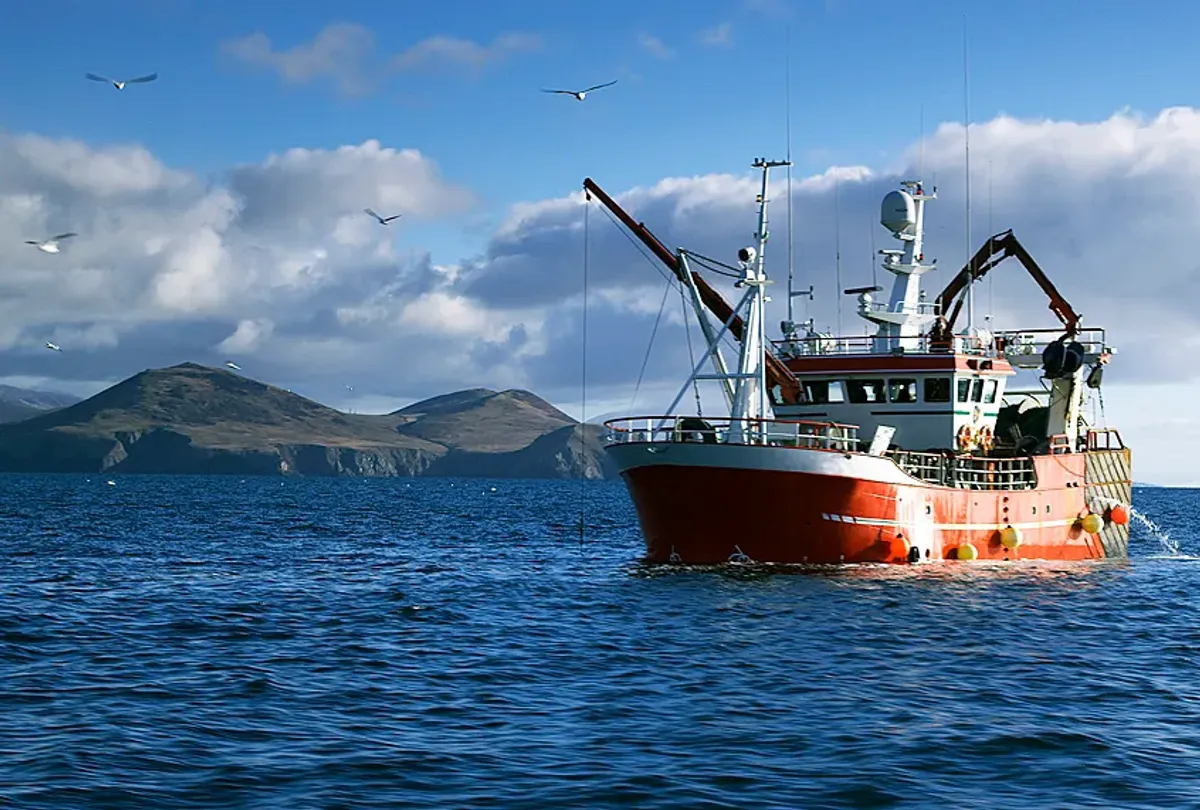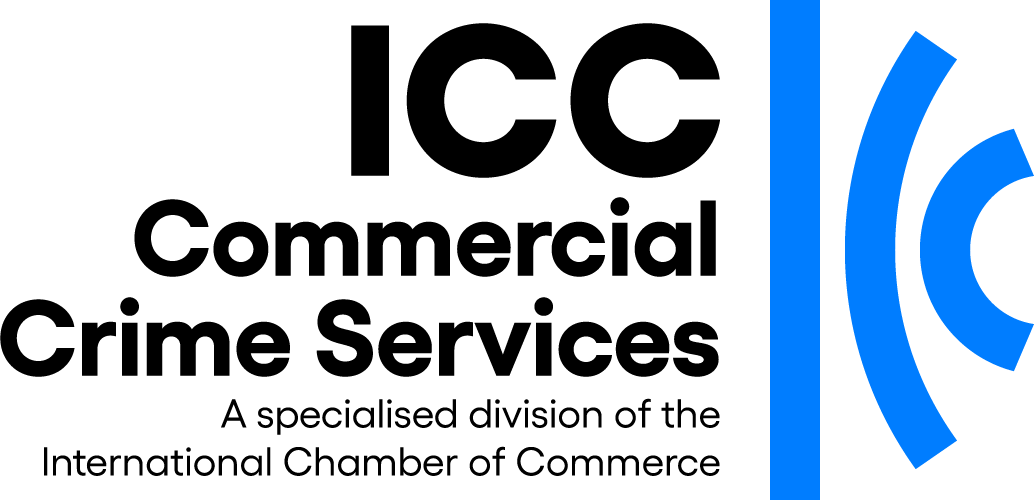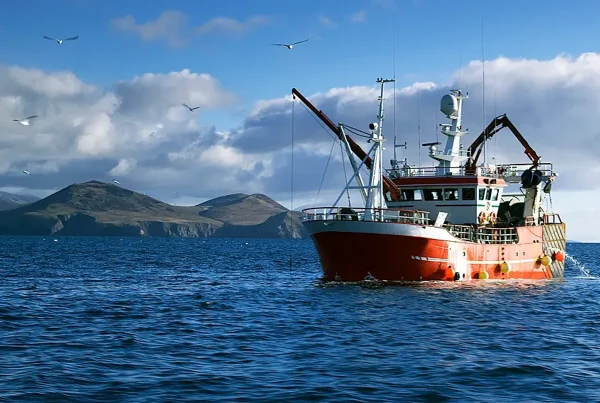

Commercial crime experts gathered here last week to inform delegates at a conference hosted by ICC’s Commercial Crime Services (CCS) of current vulnerabilities in trade, shipping and banking and to suggest ways of countering such criminal threats.

Commercial crime experts gathered here last week to inform delegates at a conference hosted by ICC’s Commercial Crime Services (CCS) of current vulnerabilities in trade, shipping and banking and to suggest ways of countering such criminal threats.
According to CCS, the anti-crime arm of the International Chamber of Commerce, the risk of fraud affects all parts of the international business community, a fact borne out by the profile of the audience at Friday’s event. International trade professionals, finance specialists, bankers, insurers, lawyers, maritime transport experts and enforcement officers attended the conference in order to be brought up to date with the latest cases reported to CCS. The conference also examined preventive and control mechanisms to help avoid such crimes and the practical options available to victims once a fraud has been discovered.
CCS Director Pottengal Mukundan explained the consequences businesses can face should they become a victim of fraud, or inadvertently associated with it:
“Shareholders, clients, suppliers, and the market are sensitive to the reputational risk of being associated with a company which has failed to take practical measures to prevent fraud. As a result of major fraud, profitable companies have posted losses and senior managers have lost their careers. It is vital that corporations make their front line staff aware of the fraud risk and how to detect it.”
The conference programme reflected the wide range of criminal threats facing business today, covering issues as diverse as trade finance fraud, money laundering, counterfeiting, supply chain security and maritime piracy.
Questions addressed included:
- Does the outsourcing of key operational functions increase the risk of fraud?
- How is the trade finance system manipulated for money laundering?
- What prevention techniques and anti-counterfeiting technologies exist?
- What practical ways are there to determine the truth when detecting and investigating fraud?
- How are containers used as a vehicle for fraud?
- What methods do criminals use to steal entire shiploads of cargo?
- What role can businesses play in responding to international crimes?
- How do businesses and law enforcement agencies work together to combat commercial crime?
CCS maintains databases on criminal methods and activities, carries out investigations and works with law enforcement agencies. Since being founded over two decades ago, it has saved its members literally billions of dollars by alerting them to criminal threats and highlighting the measures they can take to protect themselves against the ruinous consequences of commercial crime. It has also succeeded in getting fraudsters brought to justice and has helped members recover many millions of dollars thought lost.
For more information please contact:
Pottengal Mukundan
Director, ICC Commercial Crime Services
Tel: +44 208 591 3000
Email:p.mukundan@icc-ccs.org.uk
ICC Commercial Crimes Services (http://www.icc-ccs.org)
Upcoming ICC conferences (http://www.iccconferences.com)






